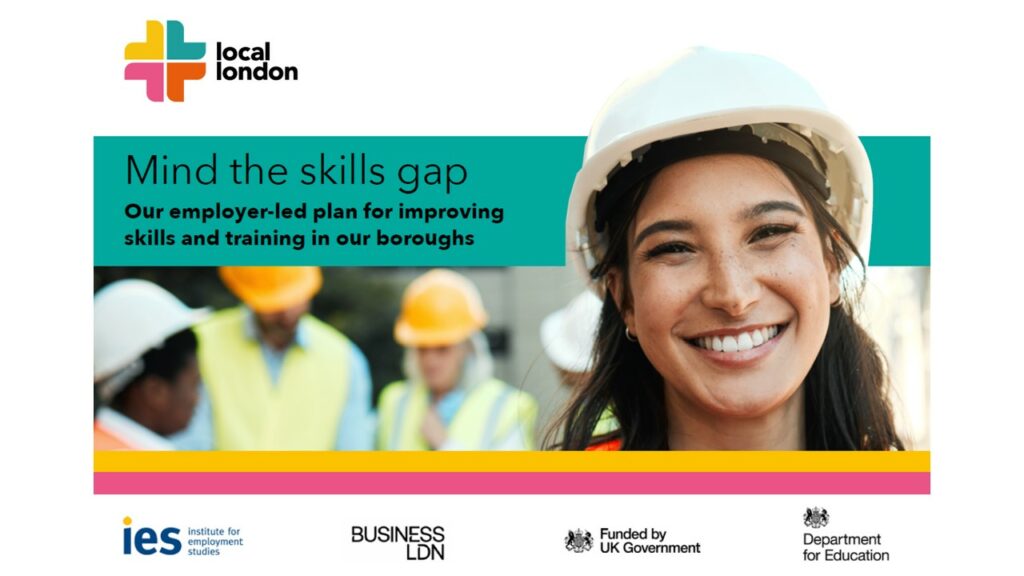
Accelerating Green Skills in Local London Through Effective Industry Management
This report provides insights into the future of low-carbon skills in Local London. It evaluates current college facilities and training provisions, highlighting key sectors and offering recommendations for enhancing green skills development. Industry experts share their views on the challenges and opportunities in building a workforce equipped for the green economy
